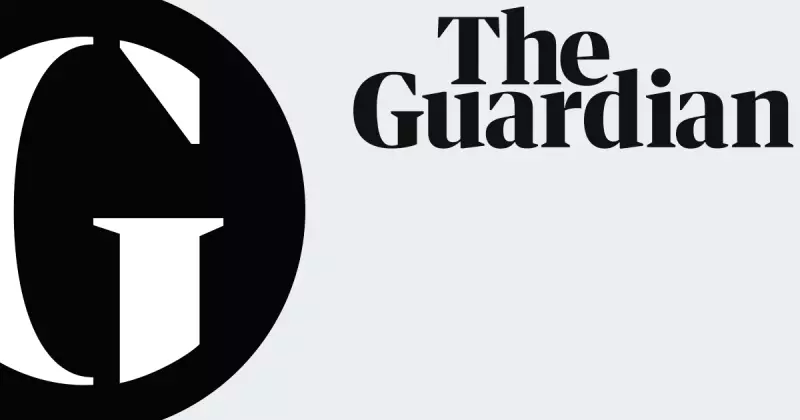
In a striking development that could signal a potential shift in diplomatic strategy, Russian President Vladimir Putin has openly invited his Ukrainian counterpart to the Kremlin for direct negotiations. The declaration comes amid ongoing hostilities and international pressure for a peaceful resolution.
'He should come to Moscow,' Putin stated unequivocally when questioned about the prospect of peace talks with President Zelenskyy. This public overture represents one of the most direct invitations extended to the Ukrainian leadership since the conflict's inception.
A Calculated Diplomatic Move
Analysts suggest the public nature of this invitation serves multiple strategic purposes. It positions Russia as ostensibly pursuing peace while simultaneously testing Ukraine's and its Western allies' willingness to engage in direct dialogue under current conditions.
The proposition for talks in Moscow, rather than a neutral third country, carries significant symbolic weight. It implicitly frames the negotiation dynamic within Russia's terms, a point likely to factor heavily into Ukraine's consideration of the offer.
International Response and Implications
The global community continues to monitor these developments closely. Previous negotiation attempts have yielded limited results, with fundamental disagreements over territorial sovereignty and security guarantees remaining unresolved.
Western leaders have consistently emphasised that any peace process must respect Ukraine's territorial integrity and sovereignty. The location and conditions of proposed talks will undoubtedly factor into the international response to Putin's latest statement.
As diplomatic channels remain active behind the scenes, this public declaration adds a new dimension to the complex negotiation landscape. Whether this invitation leads to substantive talks or represents political posturing remains to be seen, but it undoubtedly marks a notable moment in the conflict's diplomatic front.





